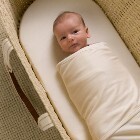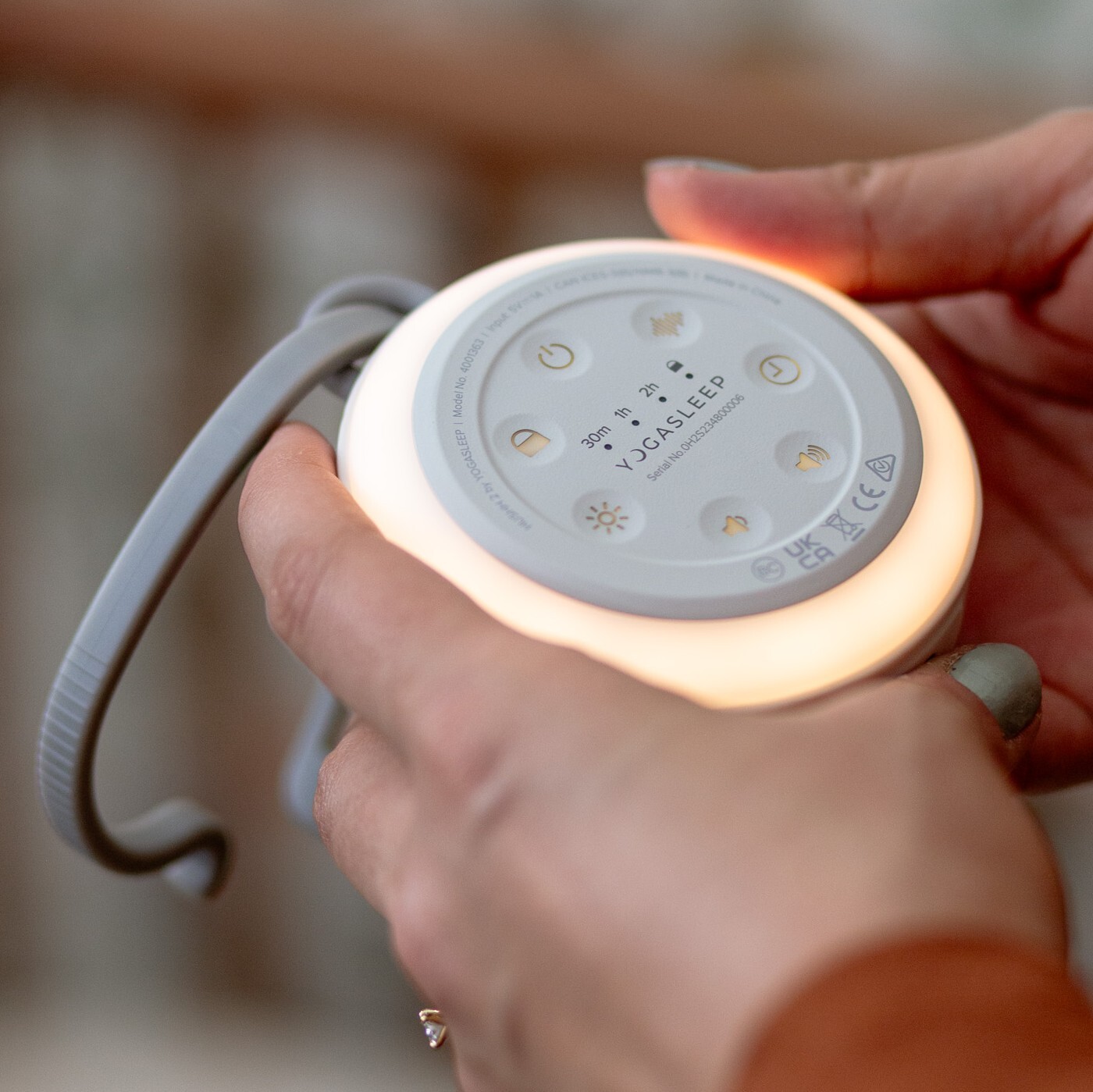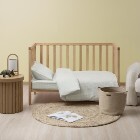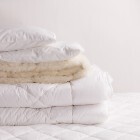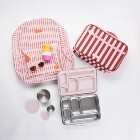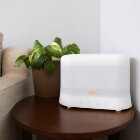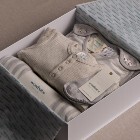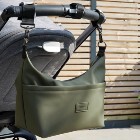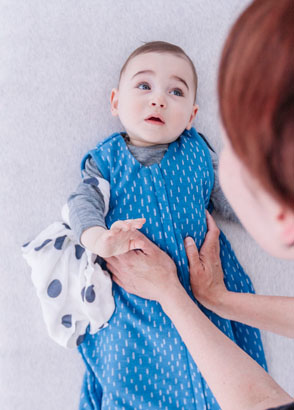Teaching your baby to self settle
The first thing you and your partner need to do is decide how you are going to teach yoru baby to self settle. Don’t let your friends pressure you into using a technique you aren’t comfortable with, as you aren’t likely to be consistent with it and also why do something that makes you feel guilty! Consistency is absolutely the main thing that teaches a baby good sleep habits, and you need to use the same settling technique for day sleeps, bedtime and any night-waking.
Click here to read by info on teaching your baby to self settle. There are 3 options for you to consider – no cry sleep solution (no crying but can take a while to work), controlled crying (pat for a couple of minutes, leave for 2 minutes, pat for 2 minutes, leave for 4 mins etc) and leave to cry for a set time then help to sleep (covered in Save Our Sleep). Any of those methods are suitable for your baby's age, so have a read of the info and decide which you guys are OK with. Then I recommend you buy the relevant book, as for the technique to work quickly, you need the full info.
Routine
This is absolutely key to getting an older baby to sleep well. Babies of his age need to know what you expect and when you expect it. A good simple routine will also make your days much easier, as you can plan when to go out, know when to have him into bed, and ensures he is feeding/has solids at the times that are most helpful with sleeping. It will also ensure that you stop space out feeds from sleep times, which ensures you break the nursing to sleep association.
I recommend the routines from ‘Save Our Sleep’, as they work (as your friend discovered!). When I started using one for Tom (now 18 months) at about 7 months, he was back to sleeping through the night after only 2 days.
For a baby of his age, he should not need any feeds during the night. I would recommend however that until he is consistently sleeping through the night, you do a dreamfeed at about 10pm. This means a feed while he is asleep – get him gently out of bed, onto the breast, feed both sides, then back to bed still asleep. Don’t worry about nappy changes or burping. If he wakes during this feed, he needs to go back into bed awake. Doing this feed means you can rest assured he has had enough milk to last the night, then you can use the self settling techniques you choose (see below) to settle him for any waking in the night (which will quickly get less and then stop). Doing the feed while your baby is asleep means he doesn’t know he’s had the feed, doesn’t have the sensation of nursing to sleep and ensures he has a full tummy when you go to bed.
I recommend that you don’t do ‘top-ups’ before he goes into bed, either during the day or at bedtime. This will just confuse him and reinforces the association he has between needing a feed to fall asleep. And with your 6.30pm feed, ensure that there is a decent gap between this feed and going into bed. I suggest you gradually stretch this time out to at least 15 minutes of awake time – feed, /story or play cuddle/ then into his Sleeping Bag & bed.
Until he is used to having his day sleeps at these times, you could try putting him into his Sleeping Bag, then into his pushchair fully reclined and going for a walk. If he can start to fall asleep at the right times, it will quickly set his body clock into having sleeps at these times.
Sleeping bag & movement in the cot
I firmly recommend that you use the Go Go Bag for all sleeps. This will help you to get him sleeping during the day. And always take it if you are traveling or need him to sleep in his pushchair when you are out.
I also recommend that you introduce a BabyOK Babe Sleeper to use with your Sleeping Bag. This is a cotton sleeping bag attached to the base sheet – it prevents baby scooting up the cot, standing, crawling round etc. You would find that this really helps your baby lie down in one place and go to sleep. It also means that he is more likely to resettle in the night (once you have stopped feeding to sleep), as he won’t have got into an awkward position.
Positive sleep associations
You can start to build some positive associations for your baby, so when he sees/hears particular things, he knows it’s time to sleep (and stay asleep). These associations replace the one he has now – ie that he thinks he needs to nurse to fall asleep. Having more sleep associations will also help get Willem sleeping better in the day too, as there are very clear signs that you expect him to sleep.
The best ones are:
-
Sleep music –Try leaving a baby sleep CD on repeat quietly during the night. Music for Dreaming, Dreamland or Baby by the Brook are all ideal for babies of this age.
-
Comfort blankie – Once Willem is over 7 months old, you can introduce something small & cuddly that Willem can easily find during the night. You can get him attached to it by holding it when you are feeding or sleeping a couple of nights with it under your top, then only give it to him at sleep times once he is over 7 months old. This will be essential for you, as you will need to replace ‘you’ from the falling asleep equation. My favourites are Cuski & the Sleepy Bear Muslin Comforters.
-
Sleeping bags are also fabulous for sleep association – see above.
I suggest you start your sleep program by introducing music or white noise, the routine and a blankie when he reaches 7 months old and continue nursing to sleep (or drowsy) while your baby starts to associate those things with falling asleep. Then as you either gradually put him into bed awake (No Cry technique) or use one of the other settling techniques, he will already have the other things to help him self settle.


